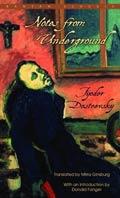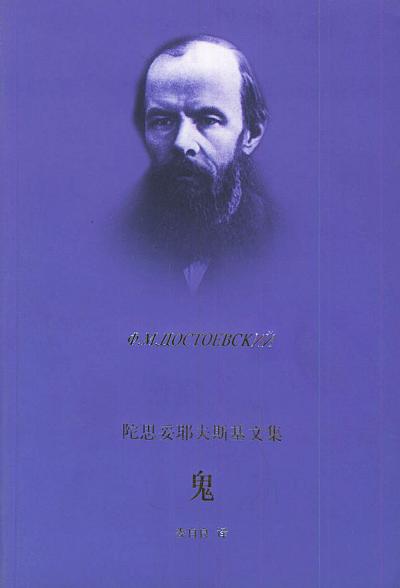-

The Brothers Karamazov
In 1880 Dostoevsky completed The Brothers Karamazov , the literary effort for which he had been preparing all his life. Compelling, profound, complex, it is the story of a patricide and of the four sons who each had a motive for murder: Dmitry, the sensualist, Ivan, the intellectual; Alyosha, the mystic; and twisted, cunning Smerdyakov, the bastard child. Frequently lurid, nightmarish, always brilliant, the novel plunges the reader into a sordid love triangle, a pathological obsession, and a gripping courtroom drama. But throughout the whole, Dostoevsky searhes for the truth--about man, about life, about the existence of God. A terrifying answer to man's eternal questions, this monumental work remains the crowning achievement of perhaps the finest novelist of all time. -

Crime and Punishment
A desperate young man plans the perfect crime -- the murder of a despicable pawnbroker, an old women no one loves and no one will mourn. Is it not just, he reasons, for a man of genius to commit such a crime, to transgress moral law -- if it will ultimately benefit humanity? So begins one of the greatest novels ever written: a powerful psychological study, a terrifying murder mystery, a fascinating detective thriller infused with philosophical, religious and social commentary. Raskolnikov, an impoverished student living in a garret in the gloomy slums of St. Petersburg, carries out his grotesque scheme and plunges into a hell of persecution, madness and terror. Crime And Punishment takes the reader on a journey into the darkest recesses of the criminal and depraved mind, and exposes the soul of a man possessed by both good and evil ... a man who cannot escape his own conscience. -

Notes from Underground
"I am a sick man . . . I am a spiteful man," the irascible voice of a nameless narrator cries out. And so, from underground, emerge the passionate confessions of a suffering man; the brutal self-examination of a tormented soul; the bristling scorn and iconoclasm of alienated individual who has become one of the greatest antiheroes in all literature. Notes From Underground , published in 1864, marks a tuming point in Dostoevsky's writing: it announces the moral political, and social ideas he will treat on a monumental scale in Crime And Punishment , The Idiot , and The Brothers Karamazov . And it remains to this day one of the most searingly honest and universal testaments to human despair ever penned. “The political cataclysms and cultural revolutions of our century…confirm the status of Notes from Underground as one of the most sheerly astonishing and subversive creations of European fiction.” –from the Introduction by Donald Fanger -

鬼
《鬼》小说毕竟对俄国上层官僚和贵族资产阶级进行了揭露和批判,对于我们了解当时社会现状不无裨益。另外,作者在心理分析和情节安排的技巧上也充分体现了其艺术才华和功力,常常令人叫绝。